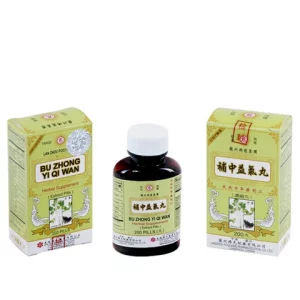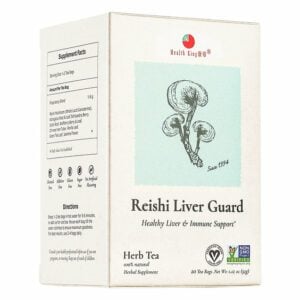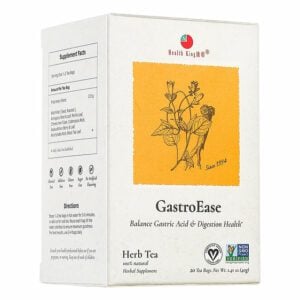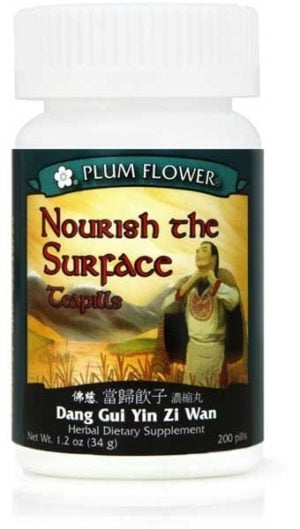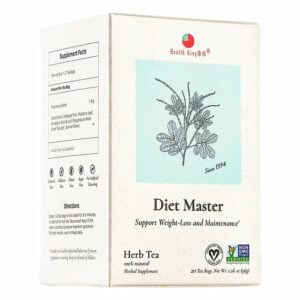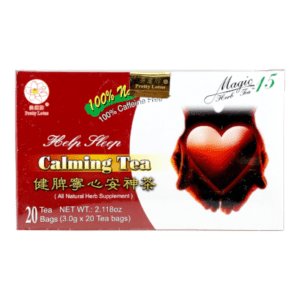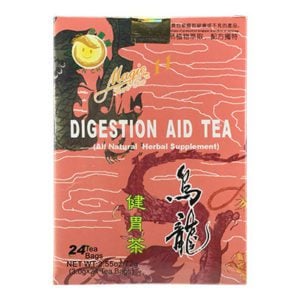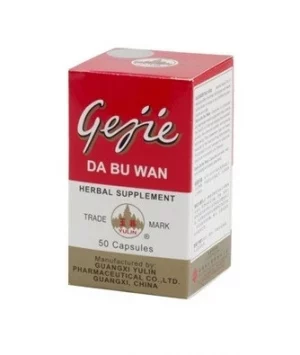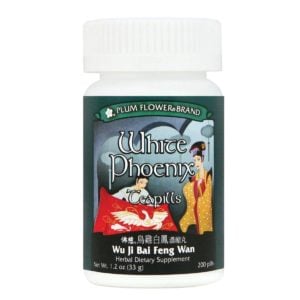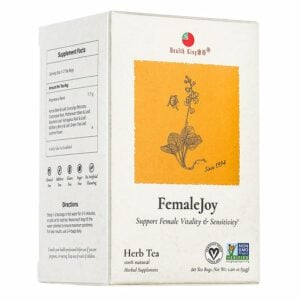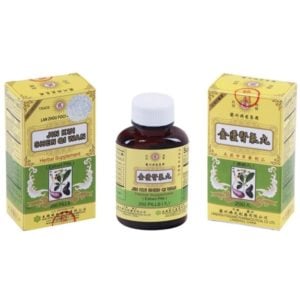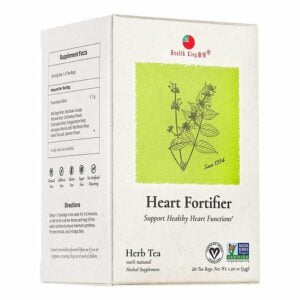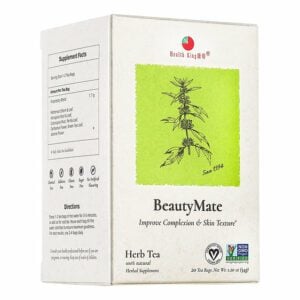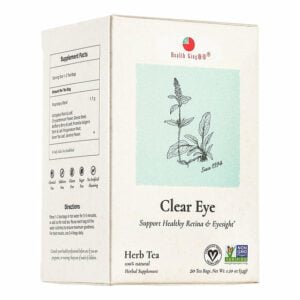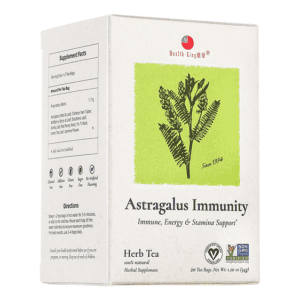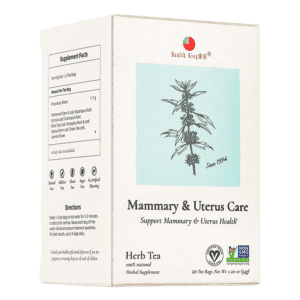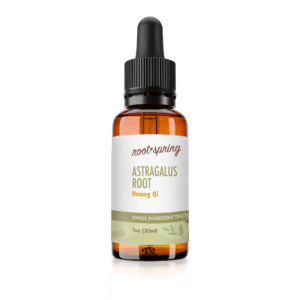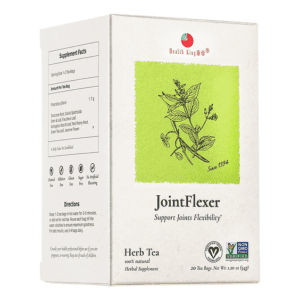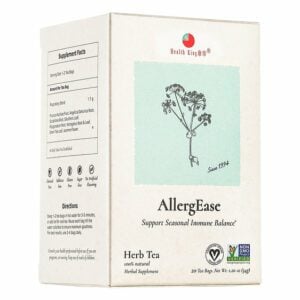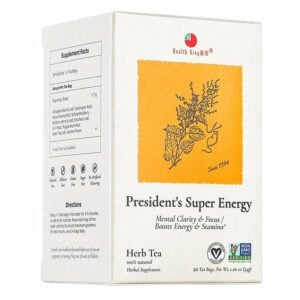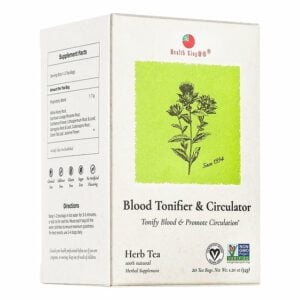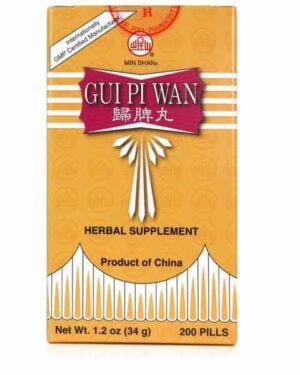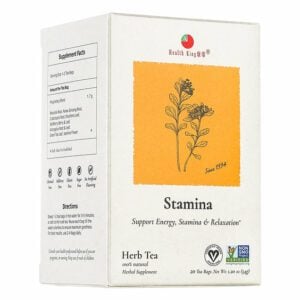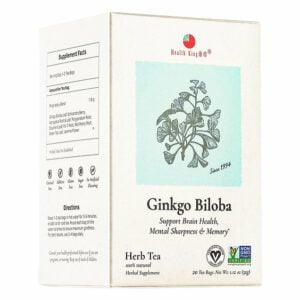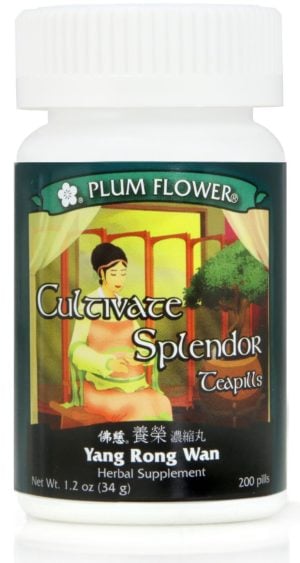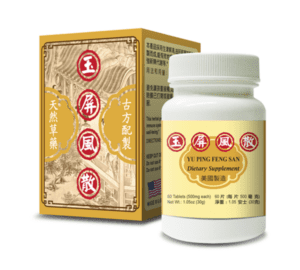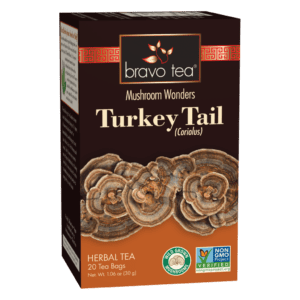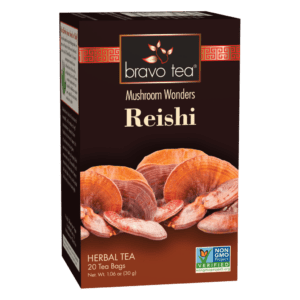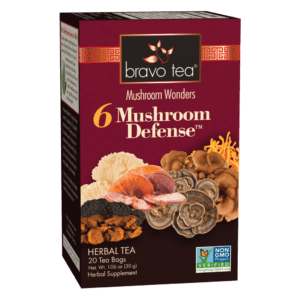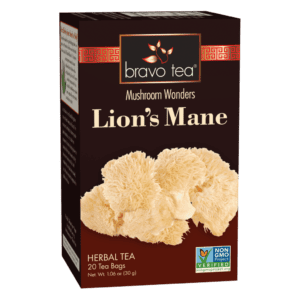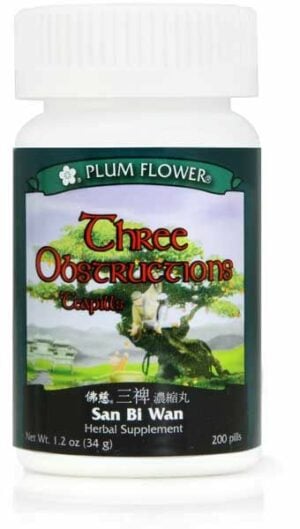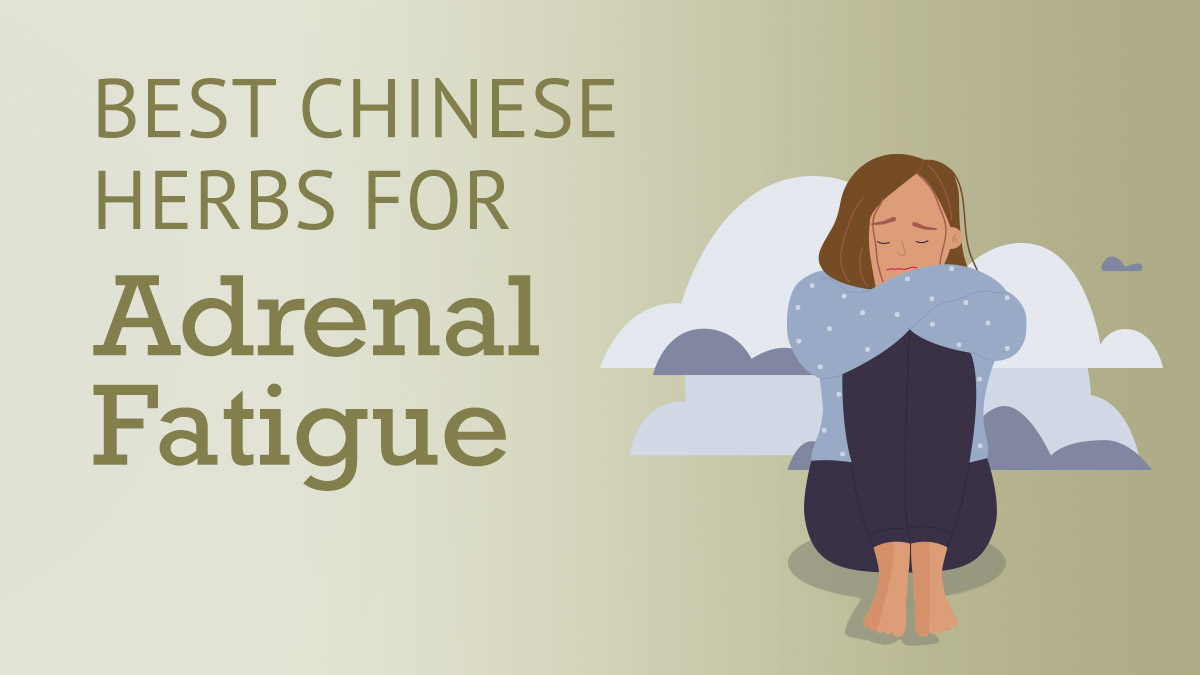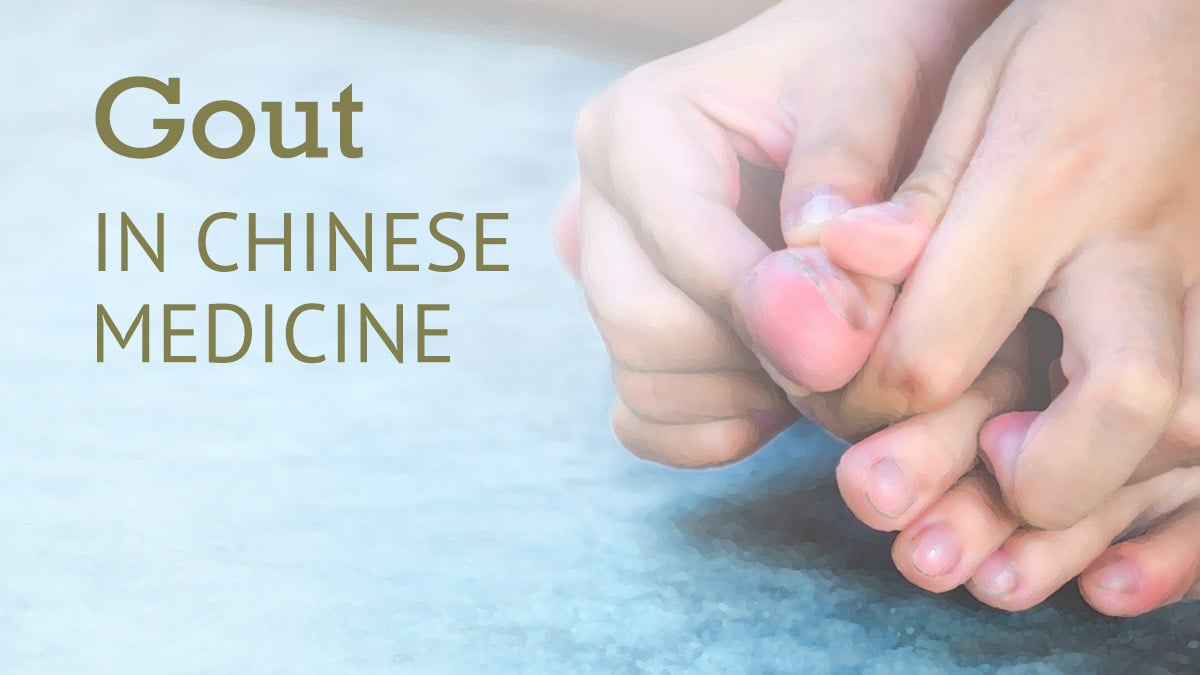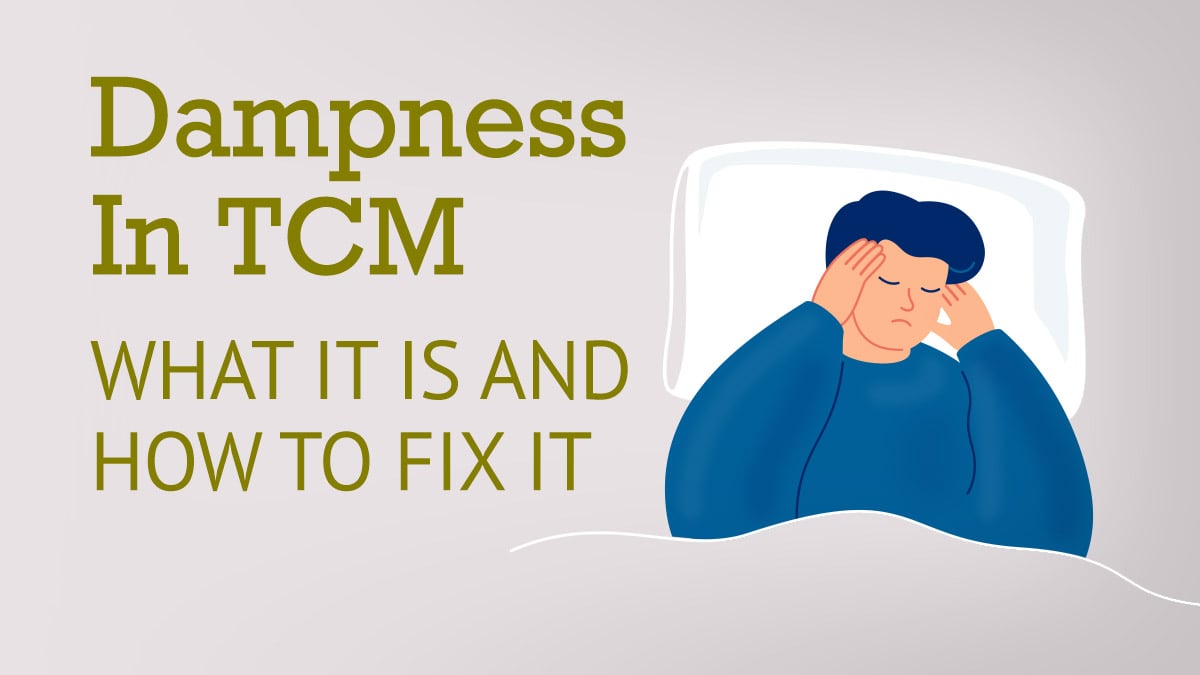Huang Qi
English Name: astragalus, Mongolian milkvetch root
Pharmaceutical Name: Radix Astragali
Medica Category: Qi-Tonifying Herbs
Properties: Huang Qi enters the Spleen and Lung channels; it is sweet in nature and slightly warm in temperature.
What is Huang Qi?:
The Chinese Herb Huang Qi is the dried root from a flowering plant in the legume family (common name: Mongolian milkvetch– Astragalus membranaceus; syn A. propinquus) that grows native in the Inner Mongolian Autonomous Region and parts of Northern China. The roots are dug up in the spring or autumn, sliced, and then dried. They can either be used unprocessed or stir-fried in honey (which sends the herb deeper into the body to enhance its actions to address interior qi imbalances of the Spleen and Lung—see section below for specific TCM actions of Huang Qi).
Widely known in popular culture simply as astragalus, this herb has a wide variety tonifying effects. It is said to boost the primary energy of the body and so invigorates its metabolic, respiratory, and digestive/eliminative systems. The energizing and warming effects of this herb are particularly suited to revitalizing tired, fatigued muscles, which is why astragalus/Huang Qi has a long tradition of use in China by people who work outdoors in all kinds of weather (it gets mighty cold in Mongolia!)… It is also famed as being a powerful immune booster, circulating as it does amongst the subcutaneous membranes (i.e. just below the skin) to act as a kind of “armor” against bacterial and viral infections. This is just a bare-bones “mentioning” of a few of the tonic effects of a widely researched herb—there is much more out there for those interested in researching and learning about the general healing properties of astragalus; its specific actions in the language of Traditional Chinese Medicine are discussed directly below.
Traditional Chinese Medicine (TCM) Therapeutic Actions of Huang Qi:
Huang Qi tonifies Spleen qi and raises yang to address Spleen qi deficiency (which presents clinically with fatigue, loss of appetite, loose stools, and a pale/sallow complexion).
Spleen qi also controls the flow of blood in the vessels, and so deficiency of Spleen qi can result in leakage of blood from the vessels—basically, people with this imbalance bleed and/or bruise very easily. Other characteristics of this imbalance are the “regular” signs of Spleen qi deficiency (see above) as well as other bleeding disorders such as hematochezia, uterine bleeding, or hematemesis.
Spleen qi is responsible for holding organs in their proper place, and Spleen qi deficiency can manifest as prolapse of the rectum, stomach, or other internal organs as well as in certain types of hernias.
The Spleen qi is responsible for the transformation and transport of food in the body (i.e. responsible for digestion of food and dissemination of nutrients). Part of this function involves the regulating the water cycle, and when Spleen qi is deficient (and its T & T functions are compromised), the result can be the retention of water in the body in the form of edema. Huang qi tonifies qi to facilitate the proper functioning of the water cycle and the elimination of excess water from the body.
Huang Qi is the herb of choice for addressing Spleen and Lung qi deficiency. Clinical presentations of compromised digestive and respiratory functions include: cough, wheezing, shortness of breath, profuse sputum (that is white and/or watery), pale complexion, fatigue, abdominal fullness, and diarrhea.
Huang Qi addresses concomitant qi and blood deficiencies, an imbalance characterized by sallow complexion, lethargy, dizziness, vertigo, spontaneous perspiration, insomnia, and palpitations… since Qi is the motive force of blood, it follows that qi deficiency can cause blood deficiency. Huang Qi tonifies qi, which in turn enhances the production and movement of blood.
Huang Qi replenishes qi that is damaged as a result of the use of chemotherapy drugs and radiation treatments. It also helps to mitigate some of the side effects of these treatments.
Huang Qi tonifies wei qi when it is deficient. Wei qi, or defensive qi, is responsible for strengthening the exterior layer of the body and keeping out external pathenogenic influences that can get into the body and cause illness. The primary clinical presentation for deficiency of the exterior is spontaneous sweating coupled with a compromised immune system (i.e. the person is constantly contracting viral and/or bacterial infections).
Huang Qi promotes the discharge of pus and generates flesh to promote the healing of chronic non-healing ulcers, sores, and abscesses.
Huang Qi tonifies qi and promotes the generation of body fluids to treat xiao ke (“wasting and thirsting”) syndrome presenting with thirst and fatigue.
–safety/clinical notes:
Contraindicated for acute stages of wind invasions (i.e. when pathogens are in the exterior layer).
Contraindicated for excess conditions (e.g. anger due to Liver qi stagnation).
Contraindicated for internal heat, excess fire, or deficiency cold in the lower jiao.
Use with caution during the third trimester of pregnancy as its diuretic effect can decrease the quantity of amniotic fluid.


